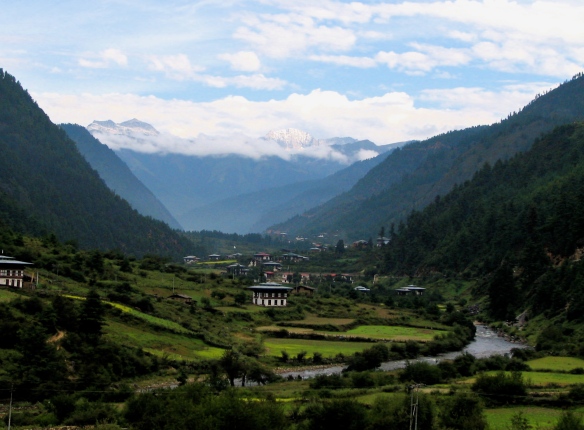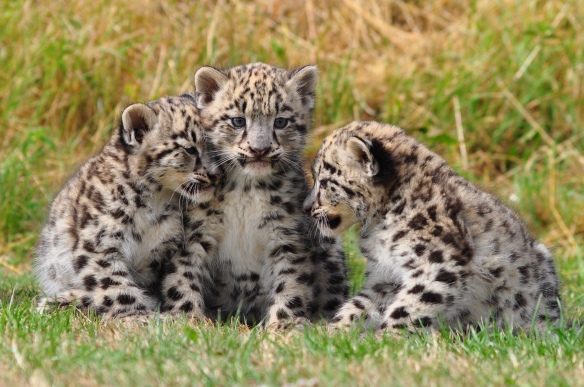The nation of Bhutan – the self-proclaimed “Land of Happiness” – is arguably one of the few remaining places in the world uncorrupted by modern commercialization. But now, the small country in Southeast Asia could be in danger of losing parts of its authenticity and culture that made it so “happy” in the first place.
In 2005, Bhutan’s government instituted what it calls a “Gross National Happiness” policy, which is intended to “ensure that progress does not affect conservation and social harmony.”
The utter absurdity of a law mandating happiness does not warrant further explanation. But the irony is that it’s starting to look like the entire “happiness” effort was actually driven by commercialism itself. The country has launched a new tourism campaign, and new websites – such as TravelBhutan.com – are starting to dot the Internet landscape.
In another ironic twist, part of Bhutan’s tourism push involves what the government calls a “Noah’s Ark of wildlife” thriving in the country’s newest national park – including the endangered snow leopard, whose population in the wild falls in the range of 4,500 to 7,500 individuals, according to the World Wildlife Fund (WWF).
WWF says a recent study showed the leopards are “thriving” in the area, which is positive news for conservation. But what happens when Bhutan succumbs to the tourism trap? What will happen to the country’s culture, its people and conservation efforts?
The answer may lie in yet another irony: Bhutan’s definition of “happiness” is the assurance that “progress does not affect conservation and social harmony.” But aren’t conservation and social harmony considered “progress”?
It may be time for Bhutan to assess what really makes its people happy.


Very interesting take on Bhutan, and the downside of their apparent goals.